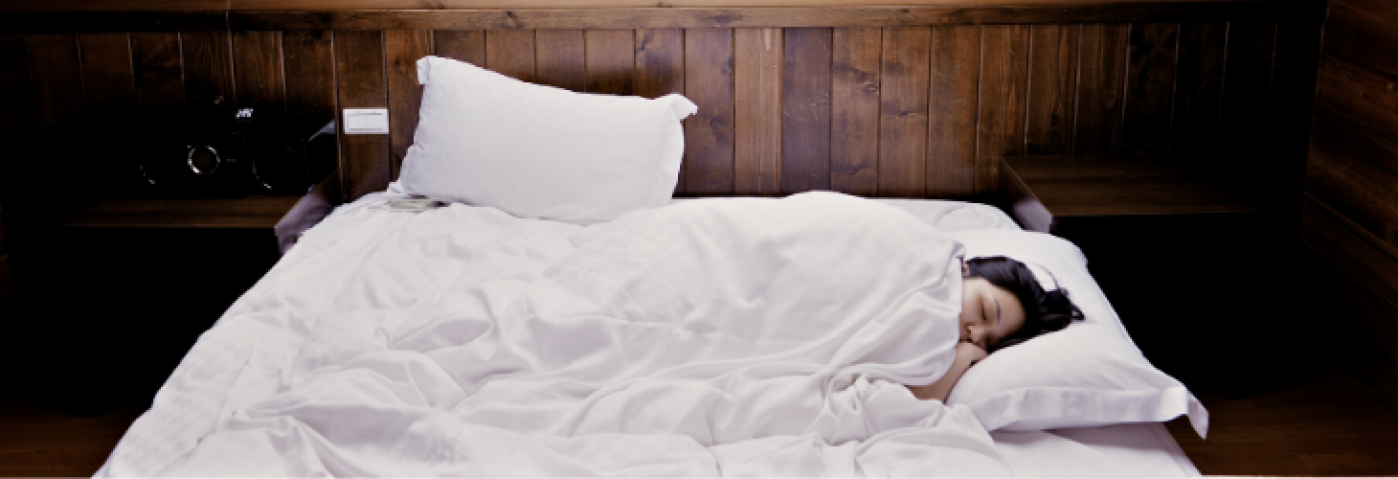The last study investigating prescription sleep aid among adults in the US says that around 4% of adults in the country use them. However, sleeping pills addiction is a hidden danger that we must address.
How Sleeping Pills Work
Let’s start with the basics. Sleeping pills help promote drowsiness in people who have trouble sleeping. Designed to control the part of the brain that helps us relax, sleeping pills take over our GABA receptors. These types of drugs are known as sedative-hypnotics. Most sleeping pills are a short-term treatment for insomnia since many of them have the potential to lead to misuse and addiction.
Types of Sleeping Pills
Sleeping pills, also known as “Z-Drugs,” are non-benzodiazepines that promote relaxation to help the body achieve a sleep-like state. There are three major types of Z-Drugs.
- Ambien (Zolpidem): A popular sleep aid marketed as being less addictive. Yet, its quickly fading effectiveness might lead to dependence within two weeks.
- Lunesta (Eszopiclone): Common sleeping aid pills often prescribed for short-term use. Because they come in minimal dosages, they lead themselves to misuse.
- Sonata (Zaleplon): Known for being one of the fastest sleeping pills on the market.
Sleeping Pills Risks & Side Effects
In theory, doctors only prescribe sleeping pills for extreme insomnia cases, and they do so, asking patients to follow stringent guidelines. However, because these drugs are fast-acting, they lend themselves to misuse. At higher doses, they can produce the same feel-good effect as their addictive counterparts. Sleeping pills can also have hallucinatory effects when users restrain from sleeping after taking the drug.
Common signs of sleeping pills side effect include:
- Dizziness
- Dry mouth
- Unusual dreams
- Itching and swelling
- Lightheadedness
- Depressed breathing rate
- Reduced anxiety
- Dreamless sleep
- Lack of coordination
- Hallucinations
Sleeping Pills and Other Drugs Combinations
One of the biggest problems with sleeping pills is the misuse of other drugs and substances. Taking sleeping pills with alcohol, for example, can be deadly, leading to sleeping pills overdose.
The sedative effects of pills are amplified by alcohol, increasing the likelihood of a deadly overdose. That’s by far one of the most significant risks with taking sleeping pills. It’s common for those who struggle with sleeping pill addiction to use alcohol to bump up the potency of their medication.
Dangerous Side Effects
Those who misuse Z-drugs can experience intensified side effects. As the substance builds up in the body, unwanted side effects like high blood pressure, depression, and irregular heartbeat can arise.
One tricky side effect is known as “rebound insomnia,” which happens as a withdrawal symptom. When someone abruptly stops taking the medication, it can lead to insomnia worse than the original symptoms. Generally, rebound insomnia often leads to disturbing dreams that can trigger panic attacks and severe anxiety.
Signs of Sleeping Pills Addiction
Sleeping pills addiction can happen very quickly. Since these are fast-acting drugs meant to be used short-term, they can be quite potent, with users rapidly craving a more powerful dose. However, thanks to this, it’s easy to notice signs of sleeping pills addiction:
- Seeing more than one doctor for pills refills
- Continuing to take the pills despite negative consequences
- Experiencing memory loss
Beyond these signs, someone experiencing any of the scenarios below might also be struggling with an early sleeping pills addiction.
- Relying on sleeping pills every night to fall asleep
- Not experiencing the same effects from the same dose
- Preoccupation with bedtime to take medication
- Taking medication without the intent to go to sleep to feel euphoric effects
- Having cravings to use sleeping pills during the day
- Running out of prescription early
Time to Seek Help?
Sleeping pills pose a significant risk of dependency. Many people extend their prescriptions for the recommended amount and increase their dose after the initial effects diminish. The first step for recognizing the illness is by noticing the signs that it’s time to seek help. Ask yourself if you’ve noticed these feelings about your sleeping pills. Likewise, see if you note these patterns of behaviors on those you believe might be misusing their medications:
- Needing larger doses to fall asleep
- Ignoring social, professional, educational, and familial obligations
- Seeming confused or frequently detached
- Isolating oneself from friends and family
- Engaging in hazardous behavior while under the influence
- Experiencing withdrawal symptoms
- No longer engaging in previously enjoyed activities
- Craving sleeping pills
- Having mood swings
If you or someone you care about exhibits these signs, it’s time to talk and think about an intervention or treatment. An intervention can be an excellent way to get someone to talk about their addiction and at least consider seeking treatment. Consider an intervention the first step into seeking the proper help to treat the addiction.
Sleeping Pills Addiction Treatment
Someone struggling with sleeping pills addiction will likely experience intense withdrawal symptoms, which is why seeking medical detox assistance is essential. Treatment can be carried out in either an inpatient or an outpatient setting.
Inpatient Addiction Treatment
Also known as residential treatment, these types of rehab options offer the highest level of services. Typically, inpatient treatment programs include medical detox and integrated mental health services, as well as wellness programs to approach the addiction from a more holistic perspective.
Outpatient Rehab Options
Another treatment option would be outpatient programs, which are great for those with can’t take leave from work or disrupt other responsibilities. Additionally, Outpatient rehab options offer more flexibility as patients can come and go throughout their treatment plan to overcome their addiction.
But, breaking an addiction to sleeping pills can be extremely challenging without the right treatment and support. Reaching out to a treatment provider is paramount to ensure the safety and recovery of you or your loved one. Learn more about our sleeping pills treatment programs and start your journey to a safe recovery today.









